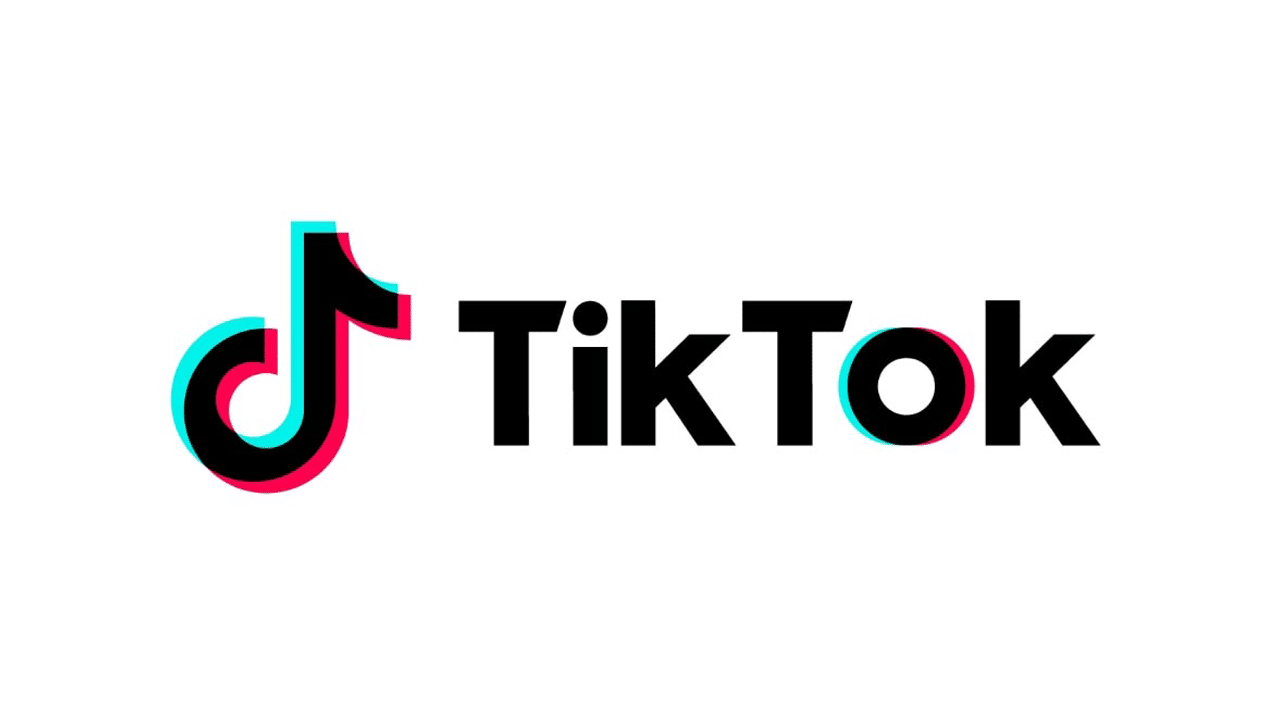Are all domain extensions created equal?
A Short History of .com
Your domain is similar to the license plate on your car. You have to pay a fee and register it with a domain registrar like the DMV. It identifies you as the owner and determines where you are within the cyber space world. It expires within a set period of time, and you have the option to put it online or (park it) somewhere with your preferred web host.
Even after 30 years, the .com is one of the most sought after extensions. .com stands for commercial – initially intended for commercial organizations..org was originally meant to represent non-profit organizations, .net (stands for network) was supposed to indicate networking technologies operators. The (.com /.org /.net) distinction has taken on a whole new meaning and is now more unrestricted in its use than ever.
.com was one of the first top-level extensions on the internet and was directed and overseen by the U.S. Department of Defense. However, maintenance was done by SRI International (Stanford Research Institute) which created the Network Information Center. Their main purpose was to govern domain name allocations and provide a directory service. In 1993, the National Science Foundation took over and partnered with Network Solutions. They instituted the idea of charging an annual fee for those who wanted to register a domain name. Mainly because.com’s weren’t being used for any defense purposes. In its infancy, the fee was 50 dollars a year. 35.00 went to the National Science Foundation and 15.00 to the government. In 1997, The United States Department of Commerce took over these responsibilities. Internet operations today are now being overseen by VeriSign (which acquired Network Solutions).
Differences in domain extensions
These days, .com’s are the most established and recognized extension in the internet world. No longer is it reserved for commercial sites but for anyone (personal, organization, or business) looking to create a good website and gain some legitimacy. Even with the introduction of.biz in 2001 (that would only be used for business), the popularity of .com has not diminished. The first domain name registered on the internet using .com was symbolics.com on March 15, 1985. Their company aided in the development of computers. The second was BBN.com on April 24, 1985, followed by think.com on May 24, 1985. Today, the number of registered .com’s exceed over 100 million. This makes it number one – even among the largest top-level domains – beating out .net, .org, and others. Domain names can get pricey, in fact, insurance.com was worth 35.6 million in 2010, vacationrentals.com was valued at 35 million in 2007, and PrivateJet.com commanded an impressive appraisal of 30.1 million in 2012.
Nearly 52% of Google visitors use .com. But .com, .net, .org are unrestricted and open to the public to use. Some domain names, however, are not open. For example, .gov must be a division of federal, state, or local government as well as Native Sovereign Nations. .edu is reserved for 4-year public universities or educational institutions that grant degrees..mil is restricted to divisions of the US military.
Why Domain Names are so important
Domain names are how people find you; what people need to remember to find your site again, to buy your services, products, and read your articles. They are one of the most essential parts of marketing. For this reason, it can give what your selling legitimacy and instill confidence and value. The domain name is an important part of your brand. Your entire website name is also factored into Google’s ranking algorithm. The better you’re ranked, the better your chances for people to find you.
The Differences between Domain Names
This being said, .com is more popular for a reason. Anyone can type the name of a website into a search engine and find it easily. In some ways, .com has become a kind of default in the system, and it’s simply easier for people to recall a .com address. For other domain names, more branding is required for people to get used to using it. If done properly, not using .com shouldn’t matter. .org and .net are the second and third runner’s up in popularity after.com. One of things to keep in mind is that some registrars will charge extra for .org and .net. Using .net would be a great choice for subject matter that is technically related if it fits into your branding plan. It might also be a plus if your company name ends with net. Be careful with using .org since it was intended for non-profit use, if used for anything else it may brew distrust among consumers. Although many people have strayed from the .org’s original design; make sure it’s a good fit for you and your enterprise. You want to build a strong foundation from the beginning.
The biggest thing to keep in mind – create a brand complete with trustworthy, honest content on your website. Finding something that is memorable and fits the image of your brand is the ultimate win-win. Something else to consider: there isn’t much difference between the domain name extension and a better SEO rating. We consumers, readers, and visitors have become creatures of habit – we still view a .com as a business (for the most part) and .org as an organization (mainly non-profit). After that, the next big difference is price. As someone who is selling anything, public perception is paramount. One thing to consider is that .com, .org, and .net are the most popular. People recognize them as more trustworthy over other extensions (such as info or .biz). One strategy is to buy all available extensions to avoid any trademark or competitor issues.
You’ve come along way, baby
A lot has changed since 1985. Since the .com’s humble beginnings (of being one of the only games-in-town), there are now over 100 extension choices. Experts in any field may opt for.guru or adventurous types may adorn the .ninja extension. There are also ways to distinguish your field of expertise, location, or establishment with a .lawyer, .london, or .club premium extension.























